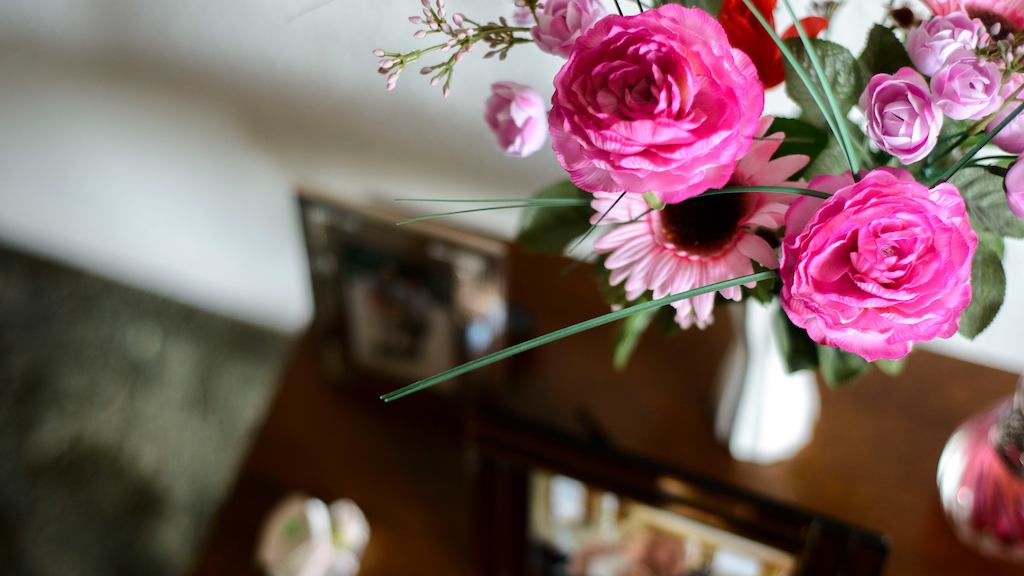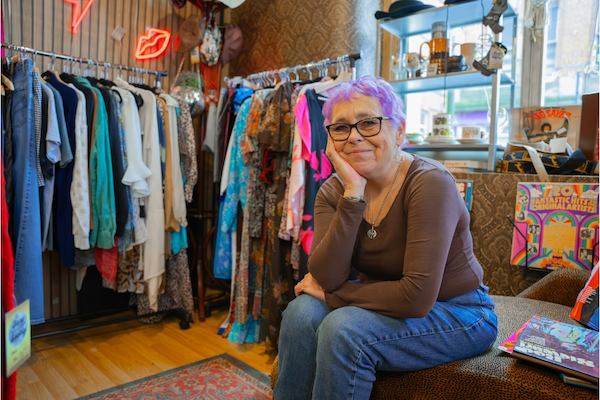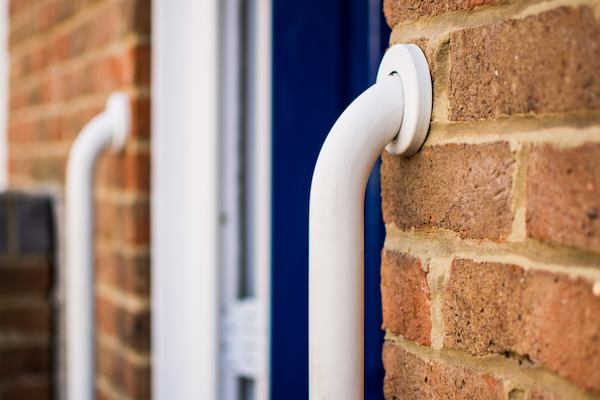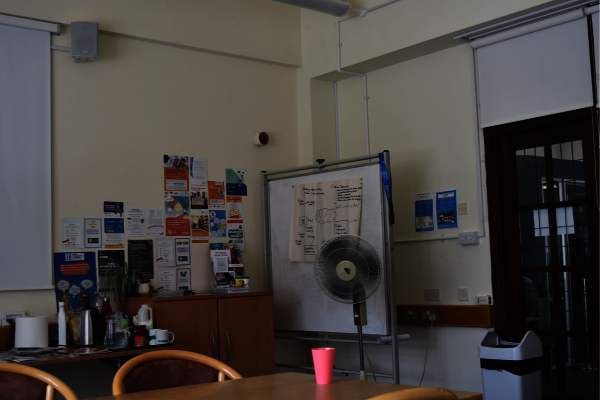Wil's voice

Wil, 61, is using her own experience of the mental health service to help improve care and support of people with mental illness.
I live in London and I work in mental health for the NHS. I’m a Peer Recovery Trainer, in a Recovery & Wellbeing College. Recovery Colleges enable people with mental health difficulties to learn about and manage their conditions, improve the experience of how mental health patients are treated and also how staff perceive their patients.
I love my job and the people I work with. I can’t believe they actually pay me for this! But I wouldn’t be here had it not been for my own mental illness. I have struggled with my mental health since I was at school, although in those days it wasn’t recognised and addressed as it is now.
I experienced racism at a very young age, which had an impact as I was growing up in Notting Hill. I didn’t do too badly at school, but I was bolshie, always in trouble. Now I understand the effect that racism has on one’s mental health and wellbeing. To suffer such racism at an early age blights one’s personality in the same way that a plant would be blighted if you remove the light and nutrition, so the plant does not reach its potential. Children who experienced chronic racism from an early age have been blighted, as I was.
My family came from Dominica. When my mother found out she was pregnant with me she went back to Dominica because she didn’t want any of her children born in England.
We never thought of England as our home; we were never made to feel welcome here. At least once a day I would hear a racist insult, “why don’t you go home, you monkey”. I got very mouthy as well, I grew up fighting constantly. We never spoke of it at home, and that’s the strange thing about our family, and probably other families too. People went out into the world and suffered whatever they suffered. But when you came home, home was a haven and you shut out the outside. One never spoke, absolutely never, about the horrors of what you suffered outside. Home was Dominica, the language, the food; when we had family over it was an extended Dominica. We shut out the rest of the world as much as possible. It fortified us.
I hope to continue working for years, I feel that I have a lot more to offer. I am surrounded by really powerful women who encourage me.
Even today, although I am happy at work and in my personal life and I have spent 99% of my life here in the UK, I still think of Dominica as home. At work I speak with an English accent and after I have spoken to some people on the phone and then we meet in person, you can see that they are surprised to see that I am Black. But at home I am Dominican.
I became pregnant when I was still at school, so I didn’t do my exams until after my daughter was born. I took O Levels and A Levels at a further education college. I worked in a Jobcentre, helping young people find work. I went to university at Roehampton when I 28 and got a 2:1 in theology and religious studies with education.
I worked as an Education Officer for an Arts Council funded organisation that toured artistes from Africa and the Caribbean around England. I enjoyed this and stayed with them for ten years. Marriage, pregnancy, giving birth to my son and the loss of my mother all took their toll on my mental health and I lost my job and I spent time in hospital.
The combination of the loss of my mother (and the subsequent Independent Review Panel) together with the experience of an Employment Tribunal, compounded my mental health difficulties and I struggled to find work for six years.
I started doing voluntary work for my local MIND, who encouraged me to put myself forward to join a mental health panel as a service user, to help improve the delivery and quality of care. I sat alongside doctors and consultants on an equal basis on committees. This was the first step towards the work I do now.
I hope to continue working for years, I feel that I have a lot more to offer. I am surrounded by really powerful women who encourage me. The Trust offers coaching and mentoring, as well as career opportunities for people of my age! It really inspires me. We need greater representation of BAME people to reflect all areas of mental health. The reality of Black mental health in this country, particularly in London, is atrocious. This is one area that I have been asked to work on, and quite frankly, I can’t wait!



